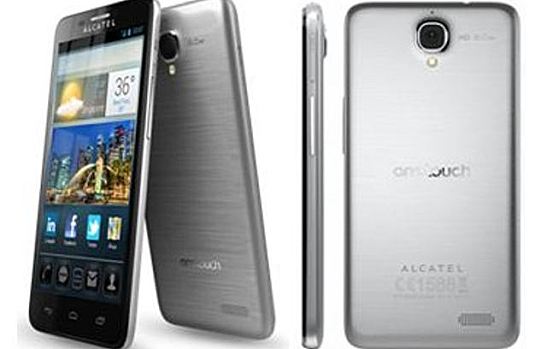Using smartphones after office hours can damage workers’ productivity by robbing them of quality sleep, a new study suggests. Workers need to put away their phones before 9 p.m. in order to be fresh for work the next day, according to a summary of the study on the Harvard Business Review (HBR) Blog Network.
Smartphones Disrupt Melatonin Production, Sleep
Researchers Christopher M. Barnes, Klodiana Lanaj, and Russell Johnson explain that smartphone use in the evening is detrimental to productivity the following day for a number of reasons. It keeps employees engaged with their work for longer periods of time, which doesn’t allow for the disengagement necessary to refresh and relax the brain. Secondly, smartphones expose users to blue light, which inhibits normal production of melatonin, a sleep-promoting chemical.
These two factors combine to create a scenario in which employees who frequently use their smartphones for work after 9 p.m. are less productive and less engaged the following day. “Consistent with our hypotheses, we found that late-night smartphone usage cut into sleep and made people tired in the morning, and that, as a result, they were less engaged at work the next day,” the group wrote.
The study, which will be published later this year in the research journal Organizational Behavior and Human Decision Processes, tested two different groups: a group of managers had their smartphone use tracked and the other group was made up of employees from a number of different ranks, who had their nighttime smartphone, television, laptop, and tablet use tracked. The results showed that although other devices affected sleep, smartphones produced the worst effects by far.
Email: Another Culprit
Smartphones also enable constant access to email, and according to a report by the University of South Australia this increases workers’ autonomy, but at the same time creates more instances of work stress and overload. The ability to access work from anywhere and at any time of day reinforces the expectation that employees should be available at all times—a double-edged sword.
In order to counteract the negative effects of smartphone use, both the researchers at the University of South Australia and those who summarized their findings in the HBR recommend implementing a shut-off time for smartphones. Supervisors and managers also have a role to play by not expecting employees to be on call 24 hours a day when their job description doesn’t require that level of availability.
Do you find your phone use has a negative impact on your productivity?
[cf]skyword_tracking_tag[/cf]

